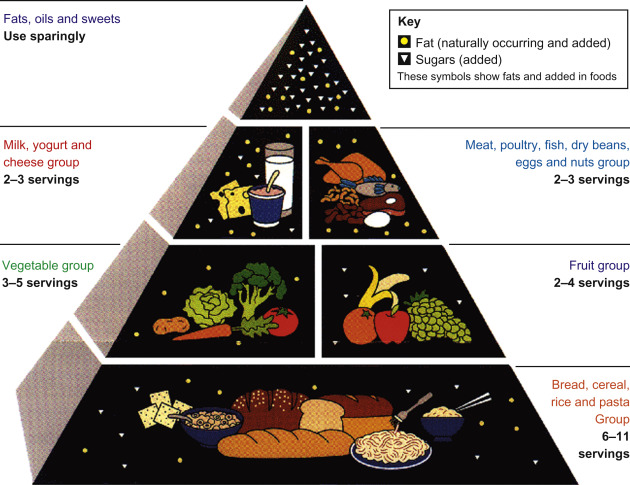The Link Between Sleep and Mental Health: Tips for a Good Night’s Rest

Sleep is essential for good mental health, but it’s a common issue for many people. The quality and duration of sleep can have a significant impact on our mental and emotional well-being. In this article, we’ll explore the link between sleep and mental health, and provide tips for getting a good night’s rest.
Why is sleep important for mental health?
Sleep is essential for our overall health and well-being. During sleep, our bodies repair and restore themselves. This includes the brain, which processes emotions, consolidates memories, and regulates mood. Sleep also helps to maintain a healthy balance of hormones, such as cortisol and serotonin, which are important for mental health.
How does lack of sleep affect mental health?
Lack of sleep can have a significant impact on our mental health. It can lead to feelings of irritability, anxiety, and depression. Chronic sleep deprivation can also increase the risk of developing mental health disorders, such as bipolar disorder and schizophrenia. Poor sleep can also make it harder to manage existing mental health conditions.
Common sleep disorders and their impact on mental health
There are many different sleep disorders that can impact our mental health. Insomnia, for example, is a common sleep disorder that makes it difficult to fall or stay asleep. This can lead to fatigue, irritability, and difficulty concentrating during the day. Sleep apnea is another sleep disorder that can affect mental health. It causes interruptions in breathing during sleep, which can lead to feelings of exhaustion and difficulty concentrating.
Tips for improving sleep and mental health
There are many things you can do to improve your sleep and mental health. Here are some tips:
Create a sleep-friendly environment
Make sure your bedroom is a comfortable and relaxing environment. Keep it cool, dark, and quiet. Invest in a comfortable mattress and pillows. Limit the use of electronic devices in the bedroom, as the blue light can interfere with sleep.
Establish a regular sleep routine
Try to go to bed and wake up at the same time each day, even on weekends. This helps to regulate your body’s internal clock, making it easier to fall asleep and wake up.
Limit caffeine and alcohol consumption
Caffeine and alcohol can interfere with sleep quality. Limit your consumption of these substances, especially in the hours leading up to bedtime.
Exercise regularly
Regular exercise can improve sleep quality and help to reduce stress and anxiety. Aim for at least 30 minutes of moderate exercise each day.
Practice relaxation techniques
Relaxation techniques, such as deep breathing and meditation, can help to calm the mind and promote restful sleep.
Seek professional help if needed
If you’re struggling with sleep or mental health issues, don’t hesitate to seek professional help. Talk to your doctor or a mental health professional for guidance and support.
Conclusion
Getting enough quality sleep is essential for good mental health. Lack of sleep can have a significant impact on our mental and emotional well-being, and can even increase the risk of developing mental health disorders. By creating a sleep-friendly environment, establishing a regular sleep routine, limiting caffeine and alcohol consumption, exercising regularly, practicing relaxation techniques, and seeking professional help if needed, we can improve our sleep and mental health.





















